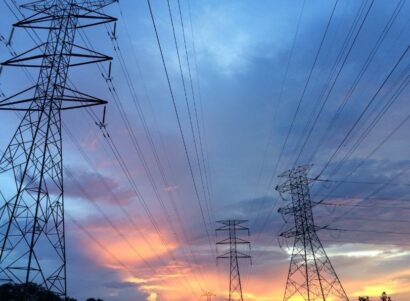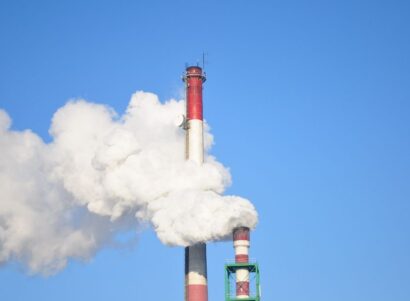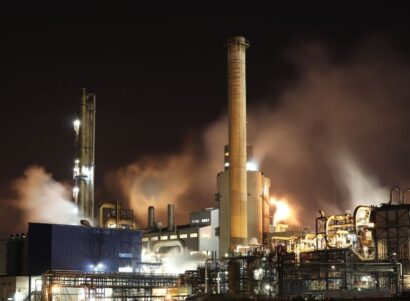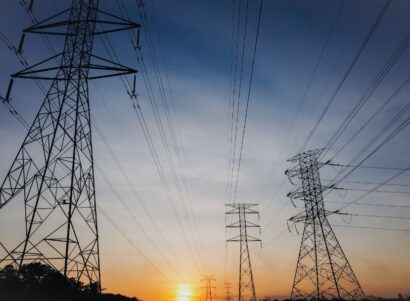Abstract
The United States has experienced a boom in natural gas production due to recent technological innovations that have enabled natural gas to be produced from unconventional sources, such as shale. There has been much discussion about the costs and benefits of developing shale gas among scientists, policy makers, and the general public. The debate has typically revolved around potential gains in economics, employment, energy independence, and national security as well as potential harms to the environment, the climate, and public health. In the face of scientific uncertainty, national and international governments must make decisions on how to proceed. So far, the results have been varied, with some governments banning the process, others enacting moratoria until it is better understood, and others explicitly sanctioning shale gas development. These policies reflect legislature’s preferences to avoid false negative errors or false positive ones. Here we argue that policy makers have a prima facie duty to minimize false negatives based on three considerations: (1) protection from serious harm generally takes precedence over the enhancement of welfare; (2) minimizing false negatives in this case is more respectful to people’s autonomy; and (3) alternative solutions exist that may provide many of the same benefits while minimizing many of the harms.

 Study
Study






